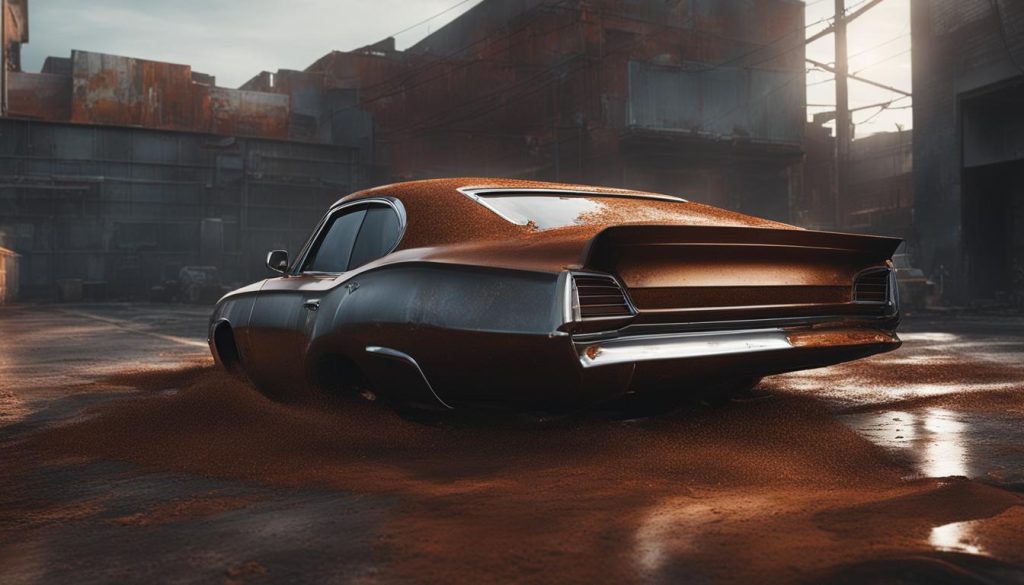Since the dawn of the motoring age more than a century ago, automotive enthusiasts have formed clubs to bond over their shared interests. The earliest clubs, like the Automobile Club de France formed in 1895, were established primarily as support networks for owners of those first crude and notoriously unreliable horseless carriages. These clubs evolved to include roadside support and emergency services, as well as advocacy for motorists in general as many early traffic laws were written to restrict their activities.
As cars became democratized and roads improved, motoring clubs served a growing population of automotive hobbyists. These ranged from local driving clubs to national racing organizations. Brand- and model-specific clubs popped up to serve more focused audiences. In time, virtually every car manufacturer was represented by an affinity group; even Yugo owners have a club!
The advent of the internet brought many of these traditional clubs online, and eventually there emerged a whole subculture of online-only “virtual clubs” in the form of online forums and Facebook groups. The beauty of these clubs is there’s usually no cost to join, making it easier for everyone to share their knowledge and passion. As a result, today’s car enthusiasts have a wealth of options for ways to connect with others of similar interests, many participating in a mix of virtual and physical clubs.
Even with all the convenience of online groups, there is still a lot to be said for a well-organized and focused traditional club. Below are some of the different types of formal clubs that exist today and what they offer, even if you still have to fork out a few bucks a year for the privilege of being a member.
Cruising and show clubs
If your interests lie primarily with getting out and showing off your ride, there are always the traditional local clubs. These include old-school hot rod and lowrider groups, as well as modern “tuner” clubs that often focus on high-performance imports, where there’s a lot of interest in the creativity and craftsmanship of the vehicles. But these can also include off-roading clubs who take in 4x4s and trucks of all kinds – stock or modified – for the purpose of hitting the trails.
One example from our local scene includes the Road Angels club, whose members often show up en masse at the numerous community car shows throughout the area, hanging out together and guaranteeing a solid showing at many of these events. The club, which has been around since 1954, also organizes and hosts its own shows. Many of these small local groups organize special events from car shows to food and toy drives to help benefit local charities.

Marque or model clubs
When a lot of people hear “car club,” they often think of a specific make or model of car. The Jaguar Club or the Mustang Club, for instance. These groups are often an immense resource for owners of popular vehicles, providing technical support, historical archives, and even direct manufacturer involvement. Especially as the vehicles themselves become ever more complex, these clubs make ownership more enjoyable and affordable.
Many of these large national organizations are support by local chapters to provide a multi-layered club experience. Local events may focus on driving and social activities, while at the national these clubs organize annual large-scale events and even their own racing series.

Some of these clubs also produce amazing magazines instead of staid old newsletters. BMW Car Club of America cites its award-winning monthly Roundel magazine as a primary reason many members join and renew, in addition to its quarterly Bimmer Life publication. The same can be said of the Porsche Club of America’s Panorama, which features the writing and photography of some of the best creators in automotive publishing.
Antique and classic clubs
For those with a more nostalgic take on the motoring hobby, numerous classic car clubs cater to their needs and activities. These tend to be national clubs like the Antique Automobile Club of America (AACA) and the Classic Car Club of America, which produced their own regional and national shows that focus on historical models and originality. Membership may be open to anyone with an interest, but the vehicles that may participate are often strictly limited to well-defined classes and genres.

These clubs can be great sources of knowledge and reference material. They also perform valuable services such as training concours and show judges, skills that carry down into other clubs.
An extension of this type of club is a museum membership. Most automotive museums, like the motorsport-focused Simeone Foundation museum, count on membership support to survive and often reward members with special events and privileges.

Motorsport clubs
If racing is your thing, there are all kinds of clubs and membership organizations to support your habit. One of the oldest and most popular is the Sports Car Club of America, or SCCA, which serves as both a club and a sanctioning body for all sorts of racing from autocross to road racing. The National Auto Sport Association, or NASA, is a similar organization that has created its own unique racing series. Either way, membership is a requirement, and both serve the as community groups as well.
More specific racing clubs include Historic Sportscar Racing (HSR) and the Vintage Sports Car Drivers Association (VSCDA), both of which serve racers with classic and historical vehicles specifically.

A more recent development is the private motorsport club. One such example is Autobahn Country Club outside of Chicago. Membership pays for access to the club’s multi-configuration race track along with its, well… country club-style social amenities. Well-heeled members may also purchase land at the club to build a workshop or garage condo.
The main draw, however, is usually track time. While these clubs often rent out portions of their track to other clubs and organizations (including high-performance driving schools) for various activities, members are typically granted exclusive use of the full track configuration.

Social clubhouses
A newer development on the club scene is the social motoring clubhouse. Unlike most clubs that exist only as an entity, this new crop is based around a physical garage space. These are typically have a café or a bar on site, perhaps even a kitchen for food service. Members can count on a living room environment with WiFi and large screen TVs for watching races. On-site car storage, vehicle detailing and maintenance, and even specialty car rentals are offered as some of the add-on member benefits at certain clubs.
Some, like our local Red Horse Motoring Club here in Pottstown, host regular member nights with an open bar and small bites to encourage mingling and meeting new faces. Others, like New York’s Classic Car Club Manhattan and The Motoring Club in Los Angeles, host exclusive special engagement that might include exotic car previews from high-end carmakers. This kind of exclusivity comes at a price, but is perhaps the ultimate club experience.

#Rewards #Membership #Car #Clubs #Matter










